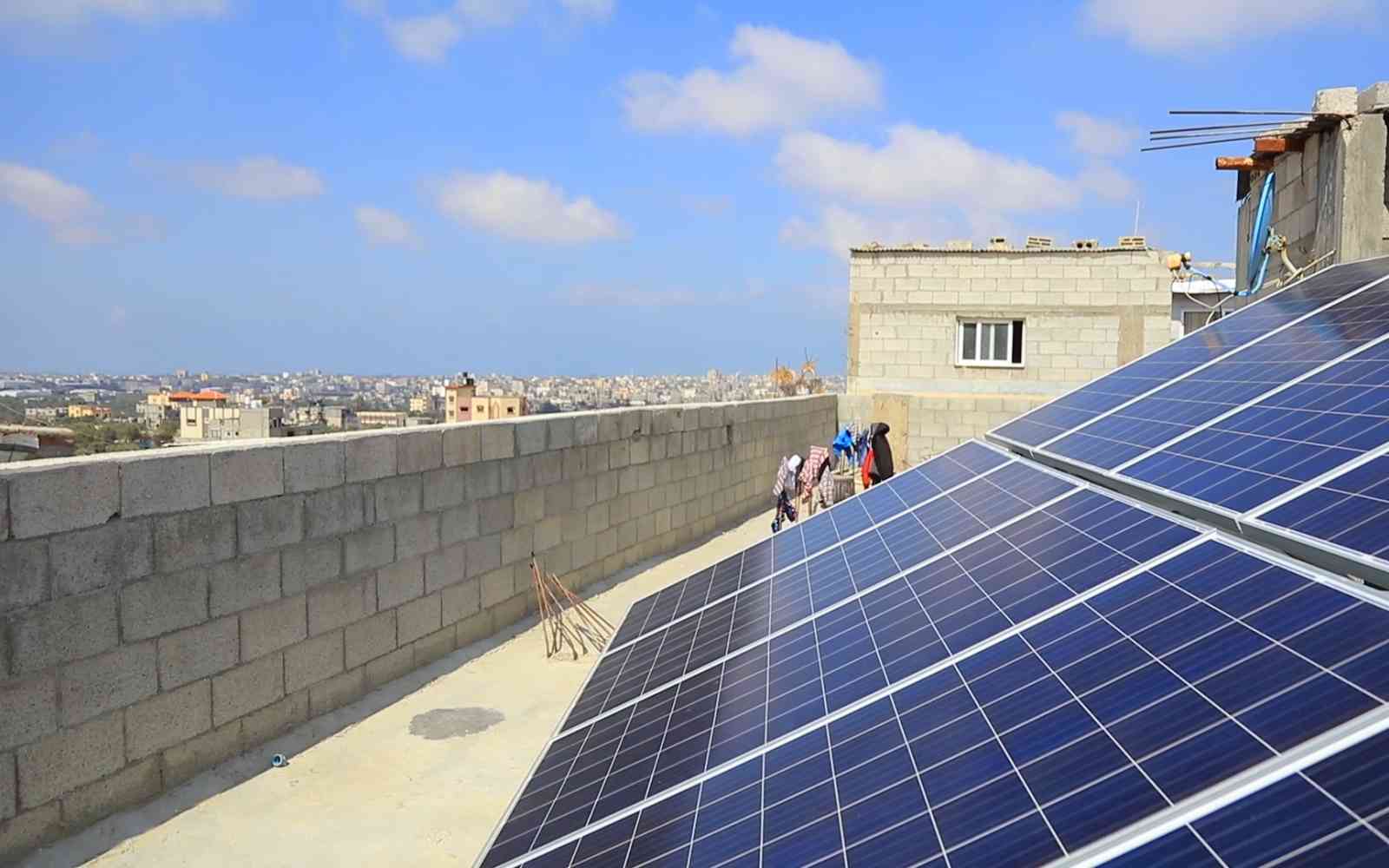The United Nations Office for Project Services (UNOPS)

Modernizing transportation in Mexico City
The government of Mexico City is working with UNOPS to modernize the public transportation system, making it more accessible for commuters.
Mexico City is a hub for trade, politics, education and business. With millions of people travelling through the city each day, transportation can quickly become congested, causing delays in commuting times, increasing emissions in the air and raising costs for both the city and users alike.
"The metro has to be modernized, we can no longer continue with one that is 50 years old and has not undergone a major modernization and maintenance process," said Claudia Sheinbaum, Head of Government, Mexico City.
Mexico’s capital city has a wide transportation network that offers its inhabitants the use of buses, a metro system and trolleybuses. However, segments of the transportation network have not been updated since they were developed around five decades ago. Parts of the public transportation run on outdated systems of control, payment and user information systems. This causes delays at the major stations and reduces the number of vehicles that can be put into simultaneous operation. Further, ongoing maintenance of the older vehicles can be a drain on the city’s finances.

“The metro has to be modernized, we can no longer continue with one that is 50 years old."
- Claudia Sheinbaum, Head of Government, Mexico City
Additional challenges have been created by rapid urban sprawl that has been pushing out into the periphery of Mexico City, including highly elevated areas in the surrounding canyons. The current urban layout and roads with controlled access limit people’s ability to reach more central parts of the city. This has meant that inhabitants tend to concentrate their travel on a few roads.
UNOPS is working with the government of Mexico City on a wide range of initiatives to support the upgrade of the city’s transportation network. Through the partnership, UNOPS is helping the government to achieve greater transparency, efficiency and value for money in its processes for public purchases and contracts. UNOPS is also supporting the city by reviewing existing technical studies and overseeing cost-benefit analyses.
New trains are being procured for one of the metro’s most travelled lines while others are being updated. It is estimated that the trains, in addition to the modernization of the signalling and control systems on multiple metro lines, will boost use and increase the number of trains that can operate per day.


Two new cable car lines will integrate with the metro network and be the most efficient connection system in the city. It will help people cross urban barriers that can cause long and unsafe commutes.
In addition, UNOPS is bringing international best practices to the acquisition of 118 new buses, to the daily benefit of over 72,000 passengers. It is expected that by 2024, once the improvement projects have been implemented, the combined transportation system in Mexico City will be able to efficiently move an additional one million passengers more than it can today. This will contribute to a greener and more sustainable city, and by alleviating congestion, will help to improve access to schools and health clinics.













